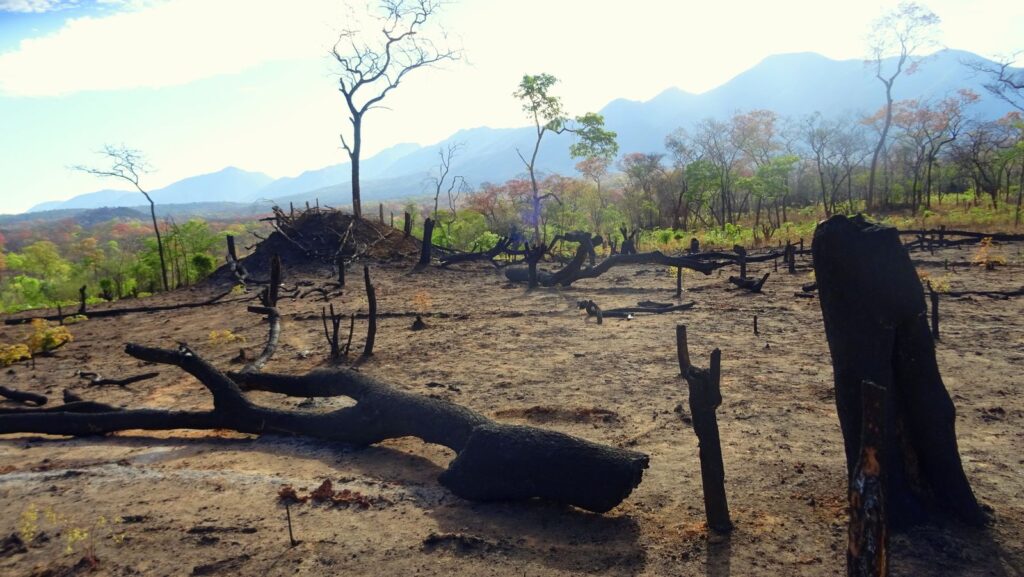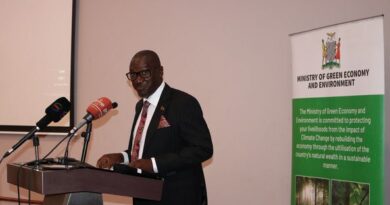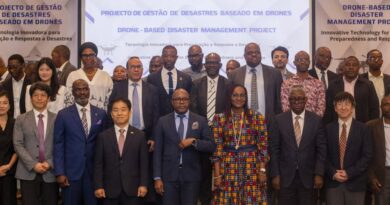SOLUTION TO UNSUSTAINABLE CHITEMENE AGRICULTURE: EXPERTS IDENTIFY LIME AS A VIABLE OPTION
The Wildlife and Environmental Conservation Society of Zambia (WECSZ) has highlighted that the traditional practice of Chitemene, involving slash and burn agriculture, is deeply rooted in the culture and economy of millet farmers, making it challenging to eliminate. Instead, experts propose adopting improved production methods and introducing less labor-intensive techniques to cultivate millet sustainably.
Gift Mwandila, the Organization’s Mafinga District Coordinator, emphasized the significance of millet in the region and suggested that using lime to neutralize the soil could be a practical solution. Mwandila revealed that they have been successfully growing finger millet without resorting to Chitemene in Nsenje Ward, Mafinga District, by neutralizing the soil’s acidity with lime.
Millet, however, thrives in neutral pH soil, which Chitemene inadvertently provides by the slash and burn process. Mwandila urged replicating the lime-based cultivation method in other parts of Zambia to promote sustainable agriculture and reduce reliance on the environmentally harmful Chitemene system.
Mwandila shared this insight during a Traditional Leaders Dialogue hosted by the Centre for Environment Justice (CEJ) under the Stop The Chop Campaign. This initiative, launched in 2022 with support from the Government of the United States of America and the Zambia United States Alumni Association (ZUEA), aims to combat deforestation and land degradation.
Duncan Kaonga, Mafinga Council Chairperson, commended the CEJ for their continuous efforts in leading the Stop the Chop Campaign in partnership with the Department of State of the United States of America and the Zambia United States Alumni Association. Kaonga expressed gratitude for the Dialogue’s constructive discussions, emphasizing the potential to achieve a more sustainable future for the Mafinga District through a balance between environmental conservation and community development.
As the Dialogue concluded, Kaonga urged stakeholders to embrace the lessons learned and the momentum gained to drive lasting change in their communities and create a more harmonious and sustainable future.



